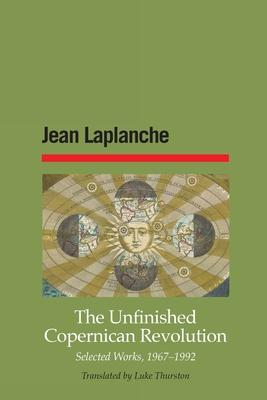The appearance of New Foundations for Psychoanalysis in 1987 marked the beginning of five years that may be the period of Laplanche's greatest synthetic creativity during which he articulated the central concepts of his thinking. Along with New Foundations this period saw the seminar on aprs-coup of 1989-1990-later published as Problmatiques VI; the seminar of 1991-1992 published as Problma-tiques VII: Le fourvoiement biologisant de la sexualit chez Freud and, in an English translation by Donald Nicholson-Smith, as The Temptation of Biology: Freud's Theories of Sexuality and much else.
New Foundations is a synthesis of Laplanche's conceptual research going back to Life and Death in Psychoanalysis of 1970 and, before that, to works co-authored with J.-B. Pontalis and with Serge Leclaire. Referring to Problmatiques I through Problmatiques V (1970 - 1984), Laplanche writes, "Now the moment has come to show how my positions are connected with each other." He certainly does just that and, most importantly, New Foundations was the first major presenta-tion of the General Theory of Seduction (GTS) that guided his work for the rest of his life even as he continued to refine it.
Later, from a different angle Laplanche refers to the GTS as the Funda-mental Anthropological Situation. The GTS will provide the basis for unearthing and extending Freud's translational model of repression leading Laplanche to propose "a translational model of aprs-coup and, more generally, a translational model of the theory of seduction and even a translational model of the constitution of the human being." He will speak of translational theories of psychic trauma, of infantile sexu-ality, and ultimately, of translation as a mechanism at the origin of the human subject as a self-narrating, self-theorizing creature.
